Farm visit: Keeping an open mind to help Korea grow
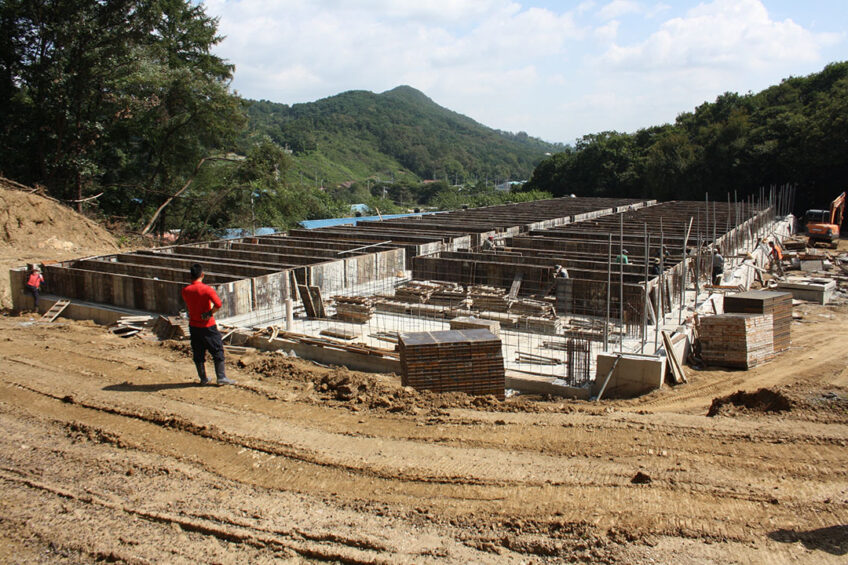
One learns from mistakes, they say. That is why it is essential to share lessons learnt. This is exactly the attitude of swine producer Jung-dae Lee, who likes to share best practices with his peers in South Korea’s swine industry. With his encouraging advice and recommendations, he is leading the pig industry’s transformation and growth.
Being a swine producer in South Korea is not always easy. The year 2021 has come with a lot of challenges. First of all, Covid-19 made it a lot harder for swine farms to find workers, as most of them hail from abroad. Add to that a growing number of regulations related to emissions reduction and increasing biosecurity on-farm. In addition, there is quite a lot of interest in the development of artificial meat in Korea, which is a cause of worry for swine producers. And as if that were not enough, African Swine Fever (ASF) has also been present in wild boar in the north of the country, close to the border with North Korea, and this has already affected a number of South Korean farms.
New sow house
While there are plenty of reasons to be worried, pig producer Jung-dae Lee, age 35, keeps his spirits high despite the adverse times. Located near the town Sinsan-ri, in Gyeonggi province in the north of South Korea, he is even expanding his farm. He is investing in the construction of a new sow house – the first pigs were expected to enter in October. It is his third barn, which will take the farrow-to-finish farm from 300 to 400 sows. He took over the swine farm from his father, had a 1,500-pig finisher location built in 2014, then at a new site 4 km away he built a new two-storey sow facility in 2019. The new barn will be added to the finisher site.
Role model for Korea’s swine industry
Jung-dae Lee’s farm is modern and efficient. Achieving 27.4 piglets weaned/sow/year he definitely exceeds the national average of about 21–22, which is due to relatively high numbers of mortality during production. He is keen to apply modern technology and is currently in transition to only use genetics from Breeders of Denmark (Yorkshire sows and Landrace boars).
Due to his excellent results as well as his open mind, he is seen as a role model for the country’s swine industry. Traditionally, many producers in Korea are hesitant to talk about their business – not so Jung-dae Lee. As a young entrepreneur he has been willing to share best practices and likes to explain the steps for how he is going to proceed. For example, he designed his own larger farrowing crates to accommodate larger litters, and he shared his ideas with colleagues. Because of his knowledge and positive attitude, in recent years he was approached by a consortium of the South Korean authorities and Wageningen University & Research in the Netherlands to take the role of becoming an ambassador for Korea’s swine industry (see also Box).
Cooperation with Fancom
One of the stories he shares is about his work with Dutch farm automation company Fancom – a cooperation that started over seven years ago. When he started being involved on his father’s farm, he was learning on the job, Lee says while doing a virtual farm visit with Pig Progress through video connection. A typical characteristic of the climate in South Korea is the fierce difference between day and night temperatures, which is why decent ventilation is of paramount importance.

His veterinarian suggested he talk to the Dutch company to see whether their detailed ventilation options could help. That eventually led to a tailor-made design for an automatic ventilation system adjusted to the needs at Jirae farm. In addition, Fancom’s sensor-driven feeding systems for both sows and piglets were installed. “The products are really easy to use once you get accustomed to the system, and they are customer-friendly too,” Lee says. He became convinced of their added value, and from being an ambassador sharing his experiences he also became a distributor for these solutions in South Korean swine farming.
Biosecurity and environment
Some of the topics he shares his ideas about are related to biosecurity and the environment, as both are becoming increasingly important in South Korea’s industry. He is very familiar with both topics. Lee explains that biosecurity is one of the pillars of his farm, and he is applying European-style standards. On his farm, showering-in is mandatory as is the use of farm-specific clothes and boots.
He has a big task ahead of him to convince more producers to think like that. Currently there is still a lot to do with regard to biosecurity in South Korea, Lee says, estimating that only about 20% of farms apply these kinds of standard rules. Prompted by ASF outbreaks in wild boar in the north of Korea, biosecurity is suddenly high on the agenda. New farms will have to include travelling routes for visitors, with subdivision into “green” and “red” zones.
Environmental issues are also becoming increasingly important in South Korea’s swine business. That is not a surprise as South Korea is one of the world’s most densely populated countries with 52 million people in an area the size of Oregon state (US) or Iceland (Europe). As emissions are becoming more and more of an issue, in recent years the authorities in several Korean provinces have started to make air scrubbers mandatory – and more provinces are expected to follow.
Again, Lee does not need encouraging, saying, “In the past I never knew these technologies existed. But they do, and they work well. I am planning to make my farms 100% air scrubbed – and have all my water 100% purified. It is something I feel I have to do, socially and environmentally.”
Changes in attitude
The bottom line, though, is that the country’s swine industry is at a crossroads – a serious step towards further professionalisation is needed to be able to face modern-day challenges. In the past, swine farmers weren’t too bothered about the longer term, Jung-dae Lee explains. “Originally it was easier in the pig farming industry. You didn’t have to take into account the longer term. You just started and made sure the pigs made it to finishing; it was going to make you a fortune. Right now it is not going to be the same way.”
Even Jung-dae Lee admits that he had to do some serious thinking about whether or not to invest in swine farming. He says, “These days a lot of regulations are coming up; think of restrictions and environmental legislation. So if people ask for advice about opening up a new pig farm, I advise them to think about the longer term, because it is going to cost a lot to make a new building.”
It matters more than ever to have a proper strategy to be well prepared for the challenges to come. Even during Covid-19, that helped him, he says. “During Covid-19, most farmers competed for the good workers. My farm is efficient and therefore does not need a lot of workers. That is why I just raised the payments.”
Cooperation with Wageningen University
For a number of years, Wageningen University & Research, the Netherlands, has been working with South Korea’s authorities to help further modernise the country’s pig industry. During those years, senior pig production economist Robert Hoste of the university built intensive connections with and made recommendations to the Korean pig sector. One of these included that information sharing could be increased.
To achieve that, various master class sessions have been set up, in which groups of 15–50 professionals from within the swine sector were given hands-on advice about what they could do to further develop their own business. In those sessions, Jung-dae Lee played a role, sharing experiences from his own farm as well.
 Beheer
Beheer




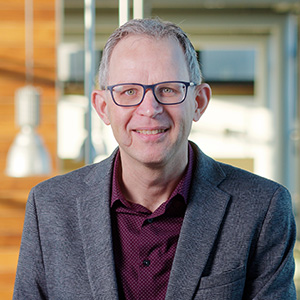
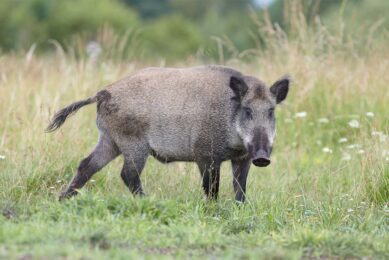
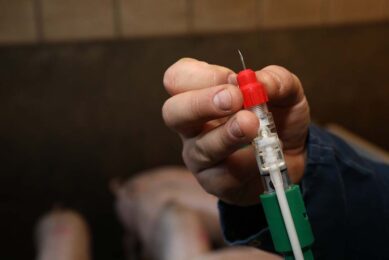
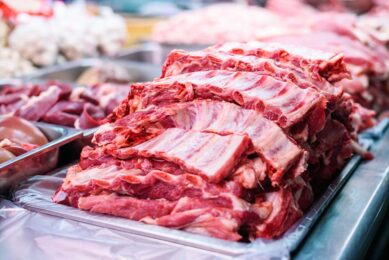




 WP Admin
WP Admin  Bewerk bericht
Bewerk bericht